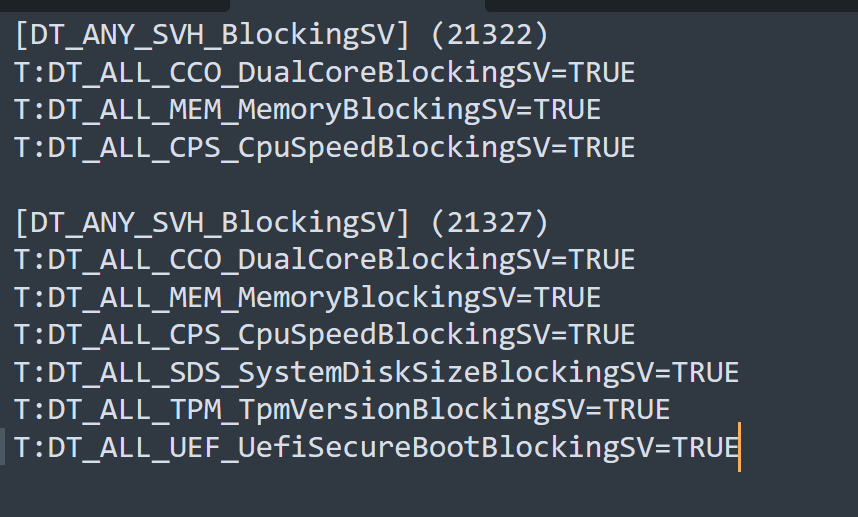With release of Windows 11, Microsoft introduced strict hardware requirements that made outdated a ton of modern hardware in a moment. The OS required a newest CPU and a Secure Boot feature with TPM 2.0. For that, Microsoft was heavily criticized by users. As a new research shows, Windows 11 wasn't the first OS with such requirements. Actually, it was Windows 10 where Secure Boot and TPM were mandatory.
The change in minimum hardware requirements was spotted in an older Build 21327. It was released in March 2021 to Insiders in the Dev channel. It doesn't bring with it any drastic changes for the setup process, but its appraiserres.dll file contains the bits to prevent the OS from being installed on systems without TPM and Secure Boot.

That code exists in modern Windows 11 setup files to check the device for compatibility. If the check fails, Windows 11 refuses to install. It is worth mentioning that it is easy to bypass the appraiserres.dll code and install Windows 11 without TPM.
While Microsoft added more CPU models to the Windows 11's compatibility list, the TPM 2.0 requirement is still a thing. The company has explained that its technology stack is important to secure device against the modern attack on users' data.
via @XenoPanther
Support us
Winaero greatly relies on your support. You can help the site keep bringing you interesting and useful content and software by using these options:

I switched to Linux Mint from Linux Lite. Are you still using Ubuntu OS and Xubuntu OS?
I am still on Xubuntu.
Was tinkering with MX Linux, didn’t find it impressive.
I really do hope that Microsoft will still let us install Windows 12 and future version of Windows on unsupported CPU’s like the 6th gen Intel processors.